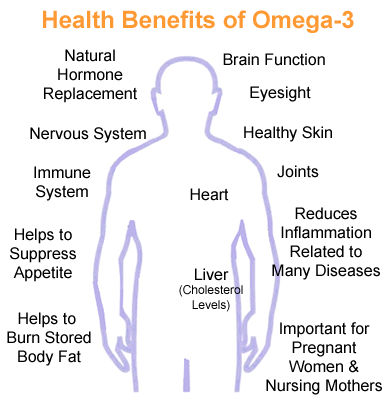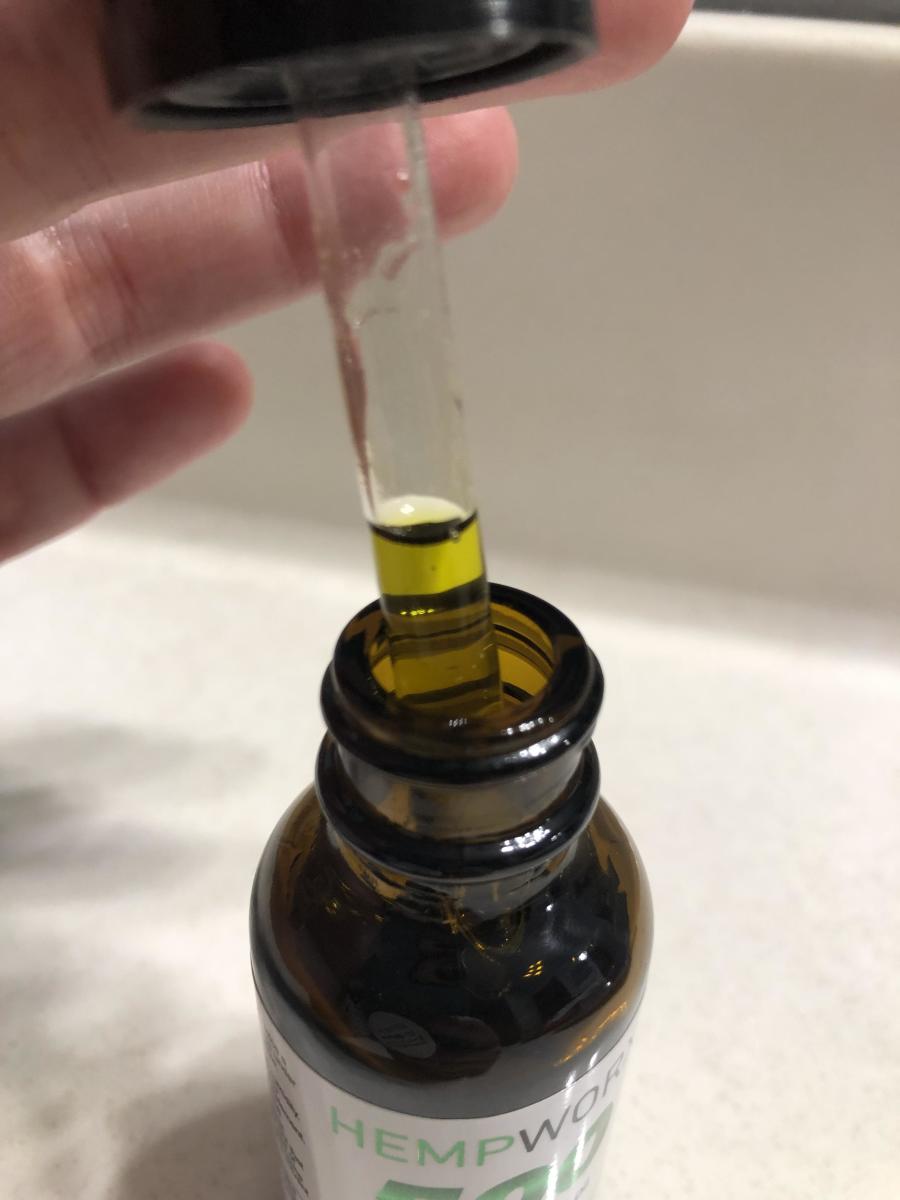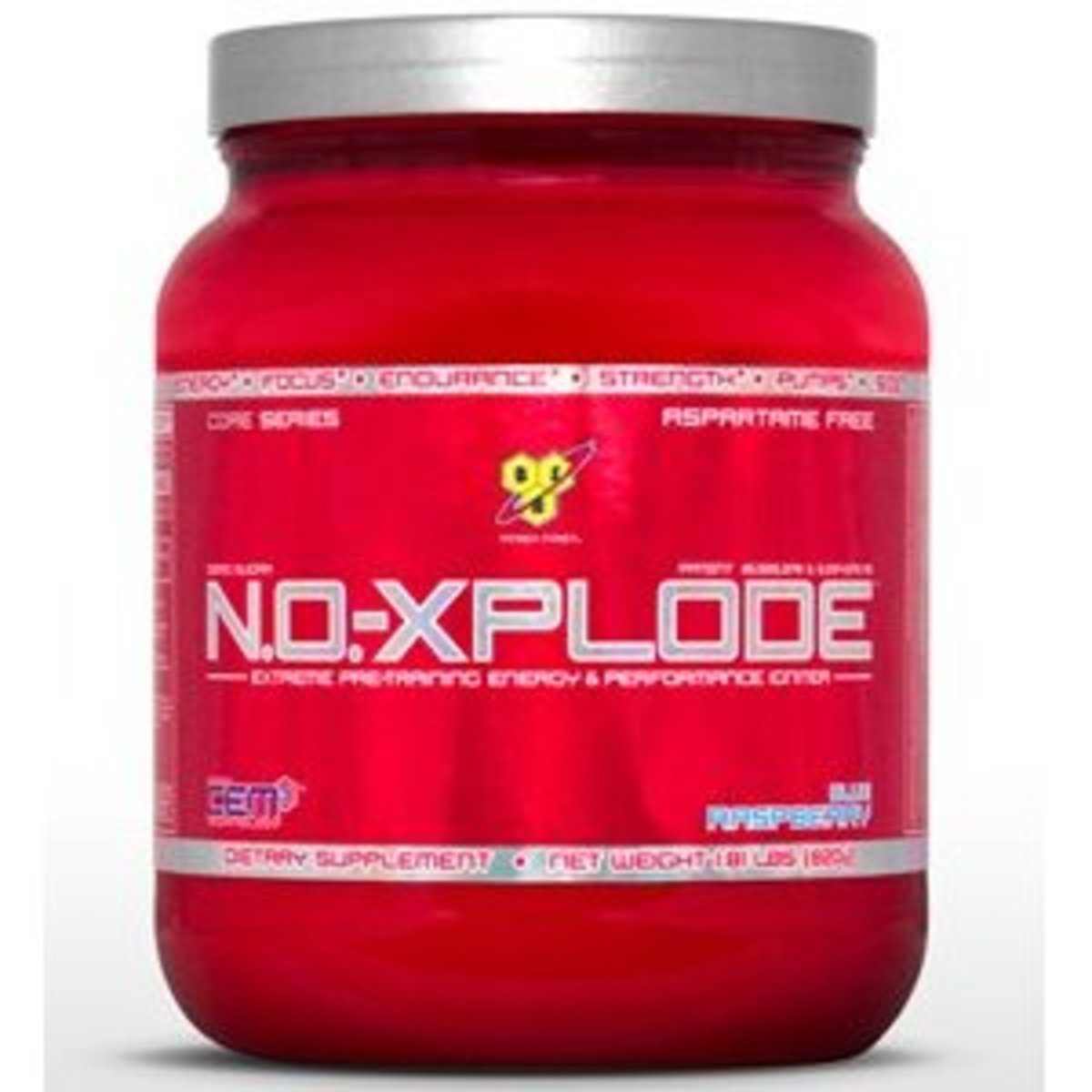Benefit of Fish oil Containing Omega 3s Fatty Acids | Can Omega 3 cure ADD?

I recently discovered fish oil when my doctor told me that I should buy a supplement and take it every day. He said that omega-3 is good for arthritis and he took 2000 mg per day. Since then, I learned that I may have been missing out on what could be a miracle in a bottle.
Why fish oil is good for you?
Fish oil has active ingredients of EPA and DHA. These are two of the omega-3 fatty acids important for human health and crucial in the growth, development and functioning of the brain. Research now shows that fatty acids help reduce the risk of chronic diseases.
The only problem is omega-3 fatty acids are not produced by the body and are dependent on our diet with fish being a major source. Supplements of fish oil contain the same active ingredients and have now become a huge market. There are different types and brands of fish oil, salmon oil such as fish oil or cod krill oil. Consumers can buy fish oil in liquid gel capsules, tablets or fish oil pills.
What is fish oil and what is the best dosage?
Research shows that fish oil obtained from the livers of oily fish (fatty tuna is a great source) contain the omega acids EPA and DHA that have tremendous health benefits. The dosage can be calculated by adding the active ingredients DHA and EPA (the label on the back of the container) together to get the true value no matter what the front label says (1000 mg is equivalent to one gram).

What are the benefits of fish oil?
Fish oil helps to improve circulation and reduces cholesterol. DHA is one of the omega-3 in fish oil. These fatty acid help improve memory and cell growth. It also have positive effects on bipolar disorder, depression, attention-deficit schizophrenia.
Fish oil is also good for pregnant women and their babies. DHA is an important factor in the growth and development of the fetus during pregnancy. Supplements are good for the skin, hair and nails. Omega-3 fatty acids in fish oil can also help in weight loss and can help prevent or relieve menstrual cramps.
Fish oil is a natural blood anti-coagulant and may help prevent blood clots leading to stroke. Supplements can help with bone density and women who regularly consume omega-3 can reduce the risk of developing breast cancer, according to an article in the Journal of Nutrition in November 2003 by Anne Tjnneland and a group of scientists who were researching breast cancer.
Fish oil may increase the effects of green tea, which can help in the fight against Alzheimer's disease. It is also recommended for hypertension, Parkinson's disease, cardiovascular disease and heart diseases.
Best Fish Oil?
EPA and DHA are the active ingredients in fish oil. Some popular brands are Kirkland fish oil made from sardines, anchovies and mackerel, fish oil Xtend Life, Dr. Sears Pharmaceutical Grade Fish Oil, Nature Made Fish Oil made from tuna fish oil, Spectrum made Salmon.
Other good options are GNC Omega Complex, prevails Eskimo 3 and Iceland Health Cod Product shark liver oil and omega-3 fish oil.
Side effects of fish oil
Fish oil is plentiful and sales of fatty acid supplements have tripled since the discovery of the benefits of omega-3 fatty acids. Eating fish or supplements directly have the same effects and all the benefits of fish oil.
Most manufacturers of fish oil are adequately insured and are and are evaluated within the North American standards.

Omega 3 is Essential for Dental Health
Periodontitis is a very common gum disease, but very painful. This disease is usually treated by the use of antibiotics, scraping teeth, or with a surgery to remove the gum tissue. However, there are natural and less painful remedies for periodontitis.
Research shows Omega-3 is essential for dental health. The consumption of polyunsaturated fatty acid (PUFA), particularly omega-3 oil, which can be found in salmon or nuts, may be useful for the prevention of periodontitis. The researchers found that higher omega-3, especially docosahexaenoic acid (DHA) or eicosapentaenoic acid (EPA), tends to reduce the incidence of periodontitis. For example, there was a remarkable animal study conducted at the University of Kentucky, where researchers found that low doses of omega-3 actually slower growth of periodontal disease in mice, slowing the growth of bacteria that cause gum disease.
It has been observed that therapy with dietary omega-3 oil may be a safer and less expensive method for preventing and treating periodontitis.

Can Omega 3 Cure ADD?
Those with Attention Deficit Disorder have difficulty in focusing on a particular task or topic. This may be due to a failure of communication between neurons in the brain. Essential fatty acids such as omega-3, can improve communications, allowing people with ADD to improve their ability to concentrate.
Transporting Information
Information is transmitted into the brain through chemical neurotransmitters created by neurons passing information from one cell to another cell. This operation includes assignments focused on a particular task.
For example, if you read a sentence, your brain translates that information so that you get their meaning. If you read an entire page, your brain tells you to focus on the tasks necessary to read the information and allow it to be processed.
Before information reaches the receptive cells, it spends a little time in spaces or gaps called synapses. It needs to travel those gaps enough to be picked up by other cells in a short time. If the information is reabsorbed by the original neurons that produced them, focus is lost.
How Essential Fatty Acids Improve the Focus
Essential fatty acids are those fats considered necessary for good brain health. These fats promote cell growth and reproduction, and support fluidity and permeability of the cell membrane, important for the production of neurons in the transmission and reception of neurotransmitters.
Together with the cellular health, essential fatty acids, particularly omega-3 fats, improve the plasticity of synapses in the brain environment. Then synapses are more hospitable to neurotransmitters, and so the information does not get stuck in these areas longer, and is more likely to be captured by appropriate receptive cells.
The result is that the necessary instructions from the brain to stay focused on a subject or task is properly received and processed. The symptoms of agitation and hyperactivity and lack of focus are cured to an extent.
Fatty acids are a cure for ADD?
There is no cure for Attention Deficit Disorder, only treatment. Taking a supplement such as fish oil capsules or flax oil, or increased intake of essential fatty acids is not recommended by medical treatments for ADD. Rather, including the essential fatty acids in the diet can help control and relief of symptoms associated with the disorder. The intake of omega-3 and other essential fatty acids may be a part of a treatment plan that includes medication, behavioral therapy and other dietary adjustments.








